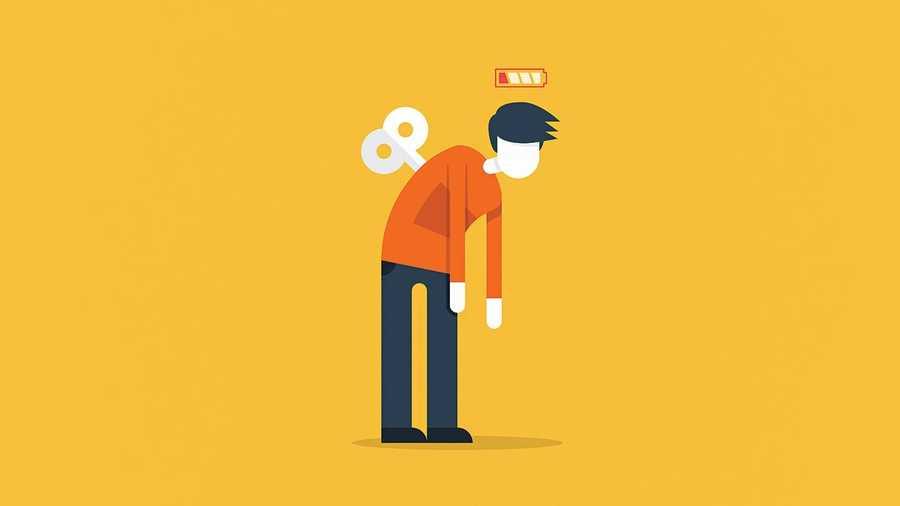Victims of our own prosperity
Many people believe that the key to happiness is to have more choices, but it is really the opposite.
To free ourselves from the result of our consumer culture, we should work on our self-control. We have to develop the strength to resist these constant temptations.
146
339 reads
CURATED FROM
IDEAS CURATED BY
The idea is part of this collection:
Learn more about personaldevelopment with this collection
How to prioritize self-care in the workplace
How to adapt to new work arrangements
How to maintain work-life balance
Related collections
Similar ideas to Victims of our own prosperity
Changing Eating Habits is difficult
What puzzles and frustrates many trying to lose weight is why changing one's eating habits is so hard.
A key part of the problem is that we believe we have more control over our behavior than we really do. Stress, anxiety and addiction can limit the conscious control ...
Self-Control Components
Self-control has two components:
- Our ability to resist temptations
- Our ability to exercise control over our behaviour and emotions.
Self-control plays a key role in our lives, keeping us sane and alive, as we don’t give in to t...
Willpower Depletion
It is the idea that we place our willpower under much strain and as we put in much more effort into anything, the more it gets drained.
The consequence of this is that the more it gets drained, the less self-control we have in order to res...
Read & Learn
20x Faster
without
deepstash
with
deepstash
with
deepstash
Personalized microlearning
—
100+ Learning Journeys
—
Access to 200,000+ ideas
—
Access to the mobile app
—
Unlimited idea saving
—
—
Unlimited history
—
—
Unlimited listening to ideas
—
—
Downloading & offline access
—
—
Supercharge your mind with one idea per day
Enter your email and spend 1 minute every day to learn something new.
I agree to receive email updates

